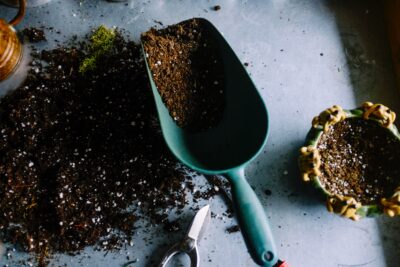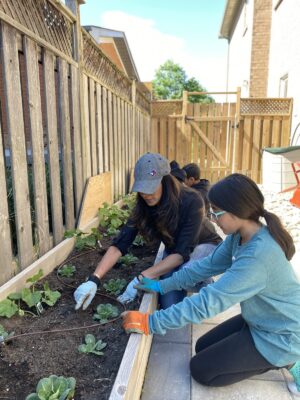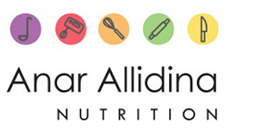20 May How Gardening Can Improve Your Mental Health This Summer
Spending time outdoors and getting your hands dirty in the soil can play a big role in improving your health. Here are 5 ways gardening can improve your mental health.
1. Boost gut health. Work ing with soil can even make us happier. Research shows that a beneficial bacteria common in soil, Mycobacterium vaccae, triggers the release of serotonin in the human body, elevating mood and decreasing anxiety. Digging in the dirt stirs up microbes in the soil. Inhaling these microbes can stimulate serotonin production, which can make you feel relaxed and happier. Our gut bacteria manufacture about 90 percent of the body’s supply of serotonin, which influences both mood and gut health.
ing with soil can even make us happier. Research shows that a beneficial bacteria common in soil, Mycobacterium vaccae, triggers the release of serotonin in the human body, elevating mood and decreasing anxiety. Digging in the dirt stirs up microbes in the soil. Inhaling these microbes can stimulate serotonin production, which can make you feel relaxed and happier. Our gut bacteria manufacture about 90 percent of the body’s supply of serotonin, which influences both mood and gut health.
2. Reduces stress. We are currently in lockdown in Ontario, Canada and the stay-at-home order is in full effect. To say that stress and anxiety levels are elevated is an understatement. In addition, the current tragedies taking place in the world have left many of us feeling worried, sad and grief-stricken. Spending time outside in the garden can reduce feelings of being overwhelmed, which serves as a great way to take care of your mental health. Studies confirm that gardening promotes relief from acute stress. In one study, participants were placed in stressful situations, followed by recovery activities. Those who were given gardening tasks showed a longer-lasting reduction of the stress hormone cortisol compared to participants engaged in other activities.
3. Improve nutrition. Whether you grow flowers or veggies, you will reap the benefits. However, growing your own food is so much fun because you can eat your harvest! When you grow your own food, your diet tends to be more diverse and packed with vitamins, minerals and antioxidants. Food in its rawest, freshest form is not only tastier but also nutrition-packed. The majority of produce sold in grocery stores goes through long harvesting, shipping, and distribution processes. Having access to fresh nutrient-dense veggies from your garden is a great way to improve your diet quality and incorporate high fibre foods, such as vegetables, into our diet. This nourishes our gut bacteria, which impacts our mood and cognition. Research shows that kids who take part in growing their own vegetables are more likely to eat them. Also, researchers have found the risk of depression increases about 80% when you compare teens with the lowest diet quality (Western diet) to those who eat higher quality, whole-food diet. A nutritious diet isn’t just good for the body; it’s great for the brain too.
Soak in Vitamin D. Gardening is a great way to absorb vitamin D, known as the sunshine vitamin. Vitamin D is crucial to maintain healthy bones and teeth, and it can also protect against certain diseases. Research supports vitamin D’s effect on mental health. Studies show that adequate levels of vitamin D lead to improved health and overall well-being. One study showed that children who were vitamin D deficient experienced more anxiety and stress than their peers. Sunlight also influences the brain and its ability to produce serotonin, making sunlight an effective anti-depressant and treatment for Seasonal Affective Disorder (commonly experienced during the winter months when sunlight is limited).

Family bonding. Being able to spend some quality time with our families has been one of the silver linings during the pandemic. Finding activities during the lockdown can take some creativity and starting a veggie garden is a great family project. When you build a veggie garden you’ll foster a closer relationship with your children, spouse, and other family members. As the seeds you plant together begin to grow, so will your relationship, making the entire process even more meaningful from start to finish. Studies show that social relationships, particularly family relationships, can have both long and short-term effects on our mental health. Gardening also helps teach kids responsibility and gives them a sense of accomplishment. Plus, it’s a great learning opportunity to teach kids about nutrition and plant life while providing a visual context for how food is grown.
For more information on how to get started with planting a veggie garden, click here




Sorry, the comment form is closed at this time.